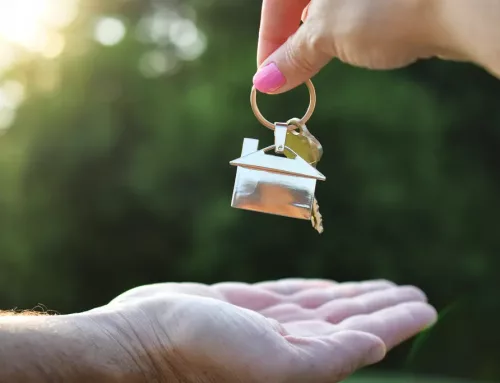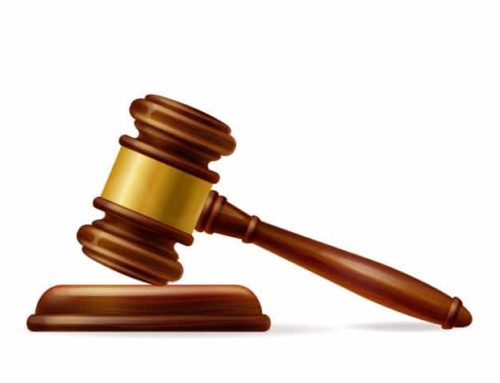Under applicable landlord-tenant law, a property owner may take legal action and evict a tenant for various reasons. You may have someone evicted from your personal property if he or she, for example, has violated your rental or lease agreement or is unable to pay rent. Note, however, that tenant eviction is a legal process. Seek expert legal advice to know how to evict properly and avoid getting tangled with state law. (Keep in mind that landlord-tenant laws differ from state to state).
In Texas, a landlord may evict a tenant for not paying rent, committing violations of the lease or rental agreement, resorting to unlawful stay, or refusing to vacate the premises of the rental unit even after a Notice of Termination.
 Landlords who wish to evict a tenant must first terminate the tenancy through what is called a Notice of Termination. Whether on a month-to-month or fixed term, a tenancy may be terminated for various reasons, as long as the notice is put in writing. While a termination notice grounded on non-payment of rent may seem straightforward, it is not. When eventually brought to court, if a ‘legal justification’ for non-payment of rent is established, a tenant with unpaid rent may win the eviction lawsuit.
Landlords who wish to evict a tenant must first terminate the tenancy through what is called a Notice of Termination. Whether on a month-to-month or fixed term, a tenancy may be terminated for various reasons, as long as the notice is put in writing. While a termination notice grounded on non-payment of rent may seem straightforward, it is not. When eventually brought to court, if a ‘legal justification’ for non-payment of rent is established, a tenant with unpaid rent may win the eviction lawsuit.
Below are two possible defenses for tenants. Knowing these helps you and the lawyer providing you legal services be prepared when either is indeed used.
1) Tenants were given the option to pay rent late
If you agreed to accept the late payment of rent, you cannot give the Notice to Vacate right away. You must first notify your tenant, in writing, that he or she owes rent. If such late rent notice was provided, the eventual Notice to Vacate will include an option to either pay what is owed or to simply move out. If the unpaid rent is settled in three days, you cannot proceed with your eviction lawsuit against the said tenant.
2) The rental property is deemed uninhabitable
In Texas, both landlords and tenants have certain rights and responsibilities. Included in the responsibilities of a landlord is to ensure that the property he or she is renting out is habitable and safe. Part of this is to repair whatever must be repaired, particularly those affecting the safety and health of your renters. This may include lack of heating or raw sewage, among other things. Under the law, once the tenant writes down and informs his or her landlord of the problem, it must be fixed within seven days.
If the problem was fixed not by the landlord but by the renter, the latter can deduct from the amount of rent whatever was used for the repairs. Note that if such deductions were not accounted for, the said tenant can argue in the eviction case court hearing that the unit was legally uninhabitable.
Dealing with tenants who do not pay rent can be very stressful. Get legal help early, from drafting a termination notice to finalizing an eviction notice. Contact us at Girling Law, PLLC for expert legal assistance.





